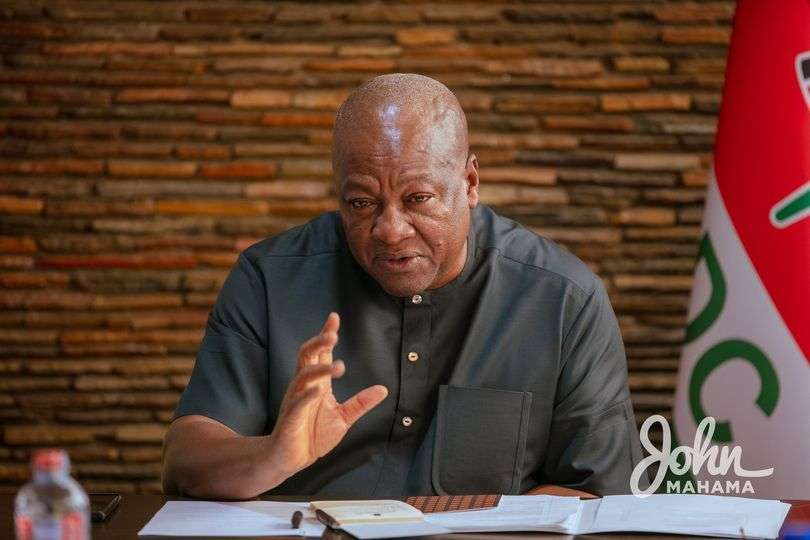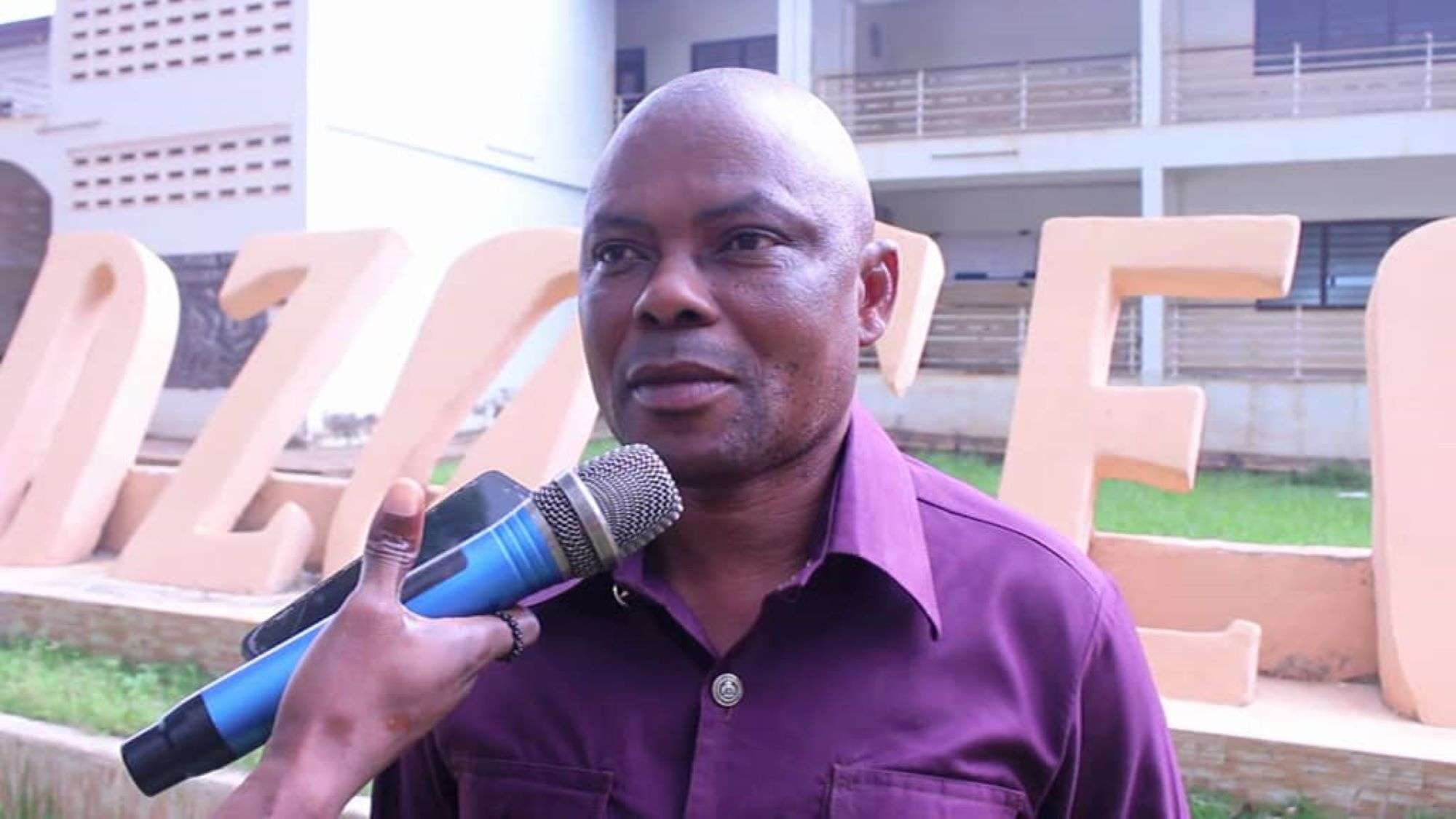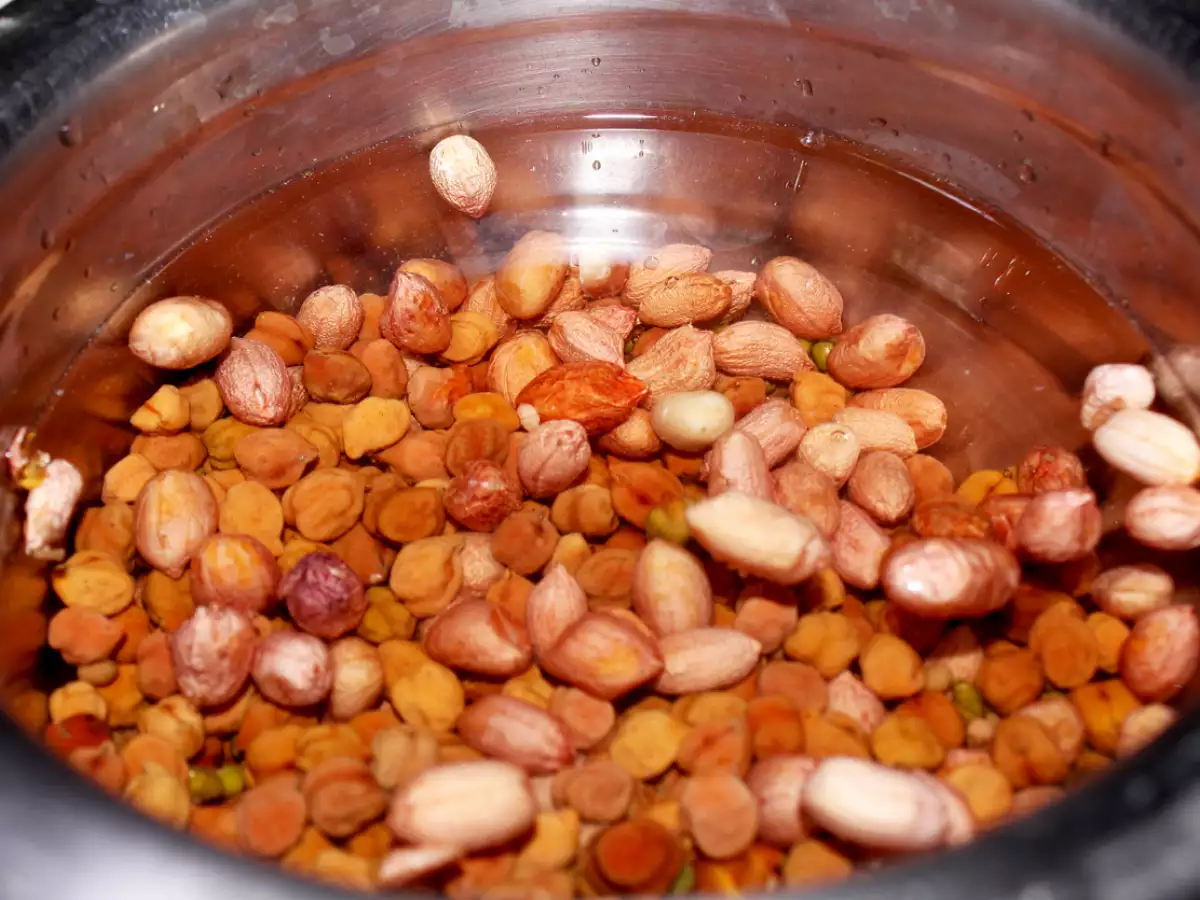By Ken Bediako
It’s really a good omen that Ghana’s two representatives in CAF competitions this season have given us something to cheer about. Kudos to both Medeama and Dreams FC for sailing over their respective opponents from Nigeria and Guinea.
This should gladden the hearts of pace setters Asante Kotoko who are celebrating their 88th anniversary this Thursday August 31.
Despite their wishy washy outputs these days, Asante Kotoko still hold the record as the first Ghanaian club to be Africa champs and if you like two time champs. Yes, in 1971 and 1983. It is the great wish of fans to see the return of good football in the country. What is the way forward? Are we on the right path.? You may ask
Conversations in football circles seem to suggest many people are not too enthused with the mushrooming of new clubs that only vanish after a few years’ existence. This is why I am inclined to trace the interesting history of 88-year-old Fabulous Kumasi Asante Kotoko born in 1935 very much aware of similar exciting tales of their counterparts like Hearts of Oak, the doyen league club of Ghana born in 1911; Sekondi Eleven Wise born in1918, Sekondi Hasaacas 1925, Cape Coast Dwarfs 1926, Cape Coast Vipers 1927, and Kumasi Cornerstone 1931 for the benefit of our younger generation.

The 88-year journey of Kotoko started from Ashanti United to Titanics, then Mighty Atoms, before finally becoming Kumasi Asante Kotoko, the Porcupine Warriors.
The foundation for what can safely be described as the best club in Ghana in terms of achievements, was laid in 1924 by 13 young Ashanti boys led by a young lorry driver, Kwasi Kuma and L. Y. Asamoah, a private electrician who formed a team called Ashanti United. That was in 1926. Four years later, it was renamed Kumasi Titanics.
The story goes that Titanics did not find enough luck under their new name and in 1934 they adopted a more powerful name, Mighty Atoms.
In 1935, J.S.K Frimpong, popularly called “Teacher Frimpong,” then a Teacher at the Kumasi Government School (now Asem JSS,) organised some boys from his school and changed the name to Asante Kotoko after obtaining special permission from the Asantehene Otumfuo Nana Sir, Sir Osei Agyeman Prempeh 11
Originally membership was limited to Ashantis and Nzemas only. Of course it is now open to all tribes and arguably has the largest following in the country.
The club was officially launched at Bantama, Kumasi on August 31 1935 before a great assembly of chiefs and people from all walks life. Since then it has achieved several firsts in Ghana.
Kotoko supporters will be too happy to tell you that they were the first FA Cup champions to receive the title of champion of champions, the first league club to play in boots, the first to supply as many as seven players for the national team, the first to employ a full time football coach, the first to play 22 matches in a row in the league without defeat, 24 times league champions, and the last but not the least, the first to win the Africa Cup for champion clubs.
Kotoko’s meteoric rise to fame in competitive football began in 1958 when trailing 0-2 in the first FA cup final against traditional rivals, Hearts of Oak, they scored four goals in a dramatic finish to snatch the Cup.
When the Africa Cup for champion clubs was instituted in 1964, Kotoko became the second Ghanaian club after Republikans (now defunct) to represent Ghana. That was in 1966 and since then Kotoko have been in the series more times than any Ghanaian club and won the cup twice.
The Porcupine Warriors’ debut in the continental series in 1966 ended early in Abidjan via Stade Club.
But they were in top gear the following year when they reached the final against Englebert of Zaire. Unfortunately, no winner could be decided after the 1-1 2-2 affair in the two leg series and a controversial toss of the coin gave Englebert the verdict Kotoko protested against the way the toss was organised and even though the CAF had ordered a replay on a neutral ground in Yaounde, Cameroun, Kotoko were surprisingly kept in the dark by the GFA so Englebert had a sweet walkover. This was one of the most bizarre events in the history of Ghana football. Nana Fredua Mensah was then chairman of the GFA.
It was later revealed the GFA’s action was deliberate. The Black Stars had an assignment that clashed with the date for the Kotoko match. Kotoko had many of their players in the Black Stars, thus the sacrifice.
When Kotoko returned to action in 1969, they were halted by Ismailia of Egypt in the semi- finals but they gallantly won the Cup on January 24, 1971 beating their old rivals Englebert 2-1 in Kinshasa.
Canon of Cameroun halted Kotoko’s ambition of retaining the trophy in an ill- tempered cup final replay in Yaounde in 1971.
Kotoko were in the final once more in 1973 but lost to Vita Club of Zaire and in 1976 their half
hearted approach to the competition made their quarter final against Asec Mimosa of Ivory Coast the last stop.
Things were no better in 1981 as Kotoko were beaten at the quarter final stage by Kaloum Stars of Guinea.
Kotoko bounced back to winning form in 1982 but lost the cup to El Ahly of Egypt who snatched an
authoritative 3-0 lead in the first leg and the 1-1 draw in the second leg in Kumasi was not sufficient to win them the cup.
The1983 Cup final turned out to be another El Ahly-Kotoko affair. The first leg in Cairo was goalless and Kotoko rose to dizzy heights to win the second leg 1-0 in the Garden City to snatch the cup for the second time.
The title defence in 1984 was rather poor as Kotoko faded out in the very first round through highly underrated Angolan club, Primerio.
The departure of skipper Papa Arko and his deputy, Opoku Nti, the long list of injuries and the board room wrangling had their toll in the club. It needed an astute coach like British born Ron Heckman to makeshift a team from the spoils to earn a face saving FA Cup triumph over second division Obuasi Goldfields.
For almost four decades now, Kotoko have tried in vain to make their presence felt in Africa again whilst their former classmates from Egypt and Zaire have been hitting the headlines with confidence.
This has been a great worry to both the teeming supporters of the club and the spiritual owner Otumfuo the Asantehene.
In fact, Otumfuo has said openly that the club’s poor performance has been the only blot in his glorious reign of the Asante Kingdom.
No wonder he has empowered two acknowledged football brains, his fullest backing to transform the club to its enviable all conquering output that made them easily the fabulous club of Africa. All eyes are on Kwasi Appiah former national skipper and national coach and Prosper Nartey Ogum to deliver the goods. Two seasons ago, Ogum was able to polish a hitherto not too impressive Kotoko within a short period, to win the league. There is every hope Prosper will deliver the goods one more time.
In their 88th birthday mood, I would like to take a trip down memory lane and detail how Kotoko reached the top of Africa for the first time in 1971 and won the cup in front of a highly partisan crowd at the Tata Raphael Stadium in Kinshasa on that historic day of January 24.
Prelims:
Sat June 13,1970 Lagos, Stationery Stores 3 Kotoko 2 (Osei Kwabena, Abukari); Sunday June 28, Kumasi Kotoko 1(Sunday Ibrahim) Stores 0. Stores refused a penalty against them in extra time and CAF declared Kotoko winners.
Quarter finals Sunday Sept 13, Dar Es Salaam Young Africans 1 Kotoko 1 (Malik Jabir):
Sunday Sept 27 Accra Kotoko 0 Young Africans 0.
(Match abandoned during extra time due to poor visibility). Replay on neutral venue in Ethiopia. Sunday Nov 22 Addis Ababa; Kotoko 2 (Abukari, Yaw Sam) Young Africans 0.
Semi-finals: Friday Dec 4 Cairo Ismaili 0 Kotoko 0.
Sunday Dec 13 Kumasi Kotoko 2 (Malik, Osumanu) Ismaili 0.
1st leg finals: Kumasi Jan 10 1971, Kotoko 1(Abukari) Englebert I.
Cup final Jan 24 1971 Kinshasa, Englebert 1 Kotoko 2 (Abukari, Malik).
Line up: Robert Mensah, Ben Kusi, Oliver Acquah, Clifford Odame, Ohene Brenya/Bobie Ansah, Sunday Ibrahim(captain), Sulley/Albert Essuman, Yaw Sam, Osumanu and Malik.
At the time of Kotoko’s historic achievement the club was being run by a four-man interim committee appointed on Oct 22 1970 following the resignation of the then management committee headed by Mr Baffour Awuah.
The four-man committee comprised J. K. Acheampong, Kwame Adarkwa, Osei Kofi, and S. K. Mainoo.
The club’s directors were Mr B.K Edusei, (Executive), Mr Kwasi Okyere, Mr Osei Bonsu, Mr B.M. Kuffuor and Mr J.K. Domfeh.
The club was handled by coaches Aggrey Fynn, C.K Gyamfi and Ben Kouffie during the series.
The trophy was kept at the residence of the club’s life patron Otumfuo Opoku Ware II, the Asantehene.
Mr H.P Nyemitei was the GFA chairman. Prof K. A. Busia’s Progress Party government presented Kotoko with a 33-seater Benz Bus in appreciation of their achievement.
Cheers everybody and keep loving sports.










